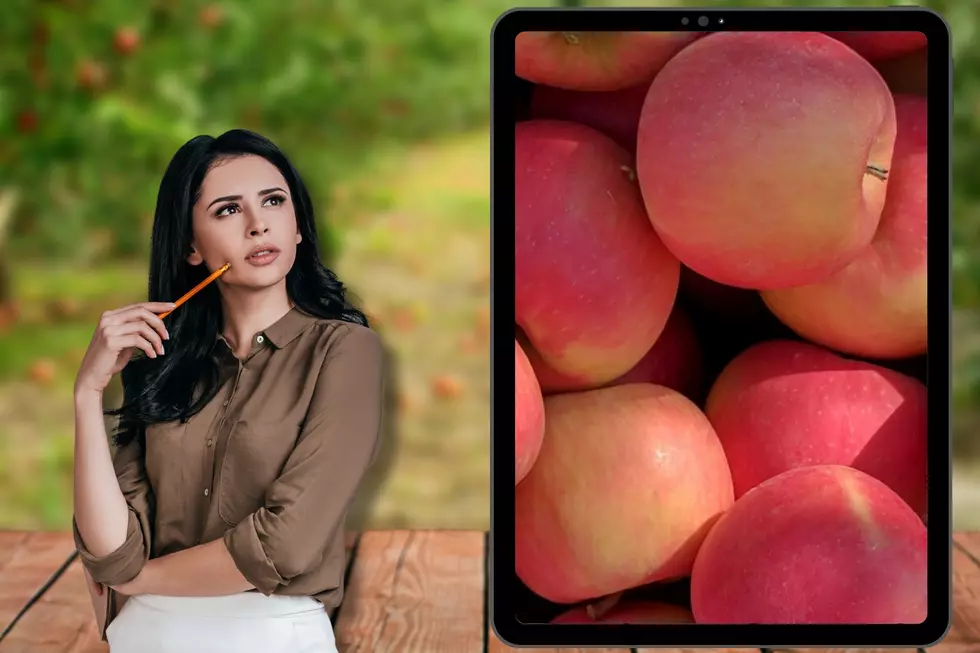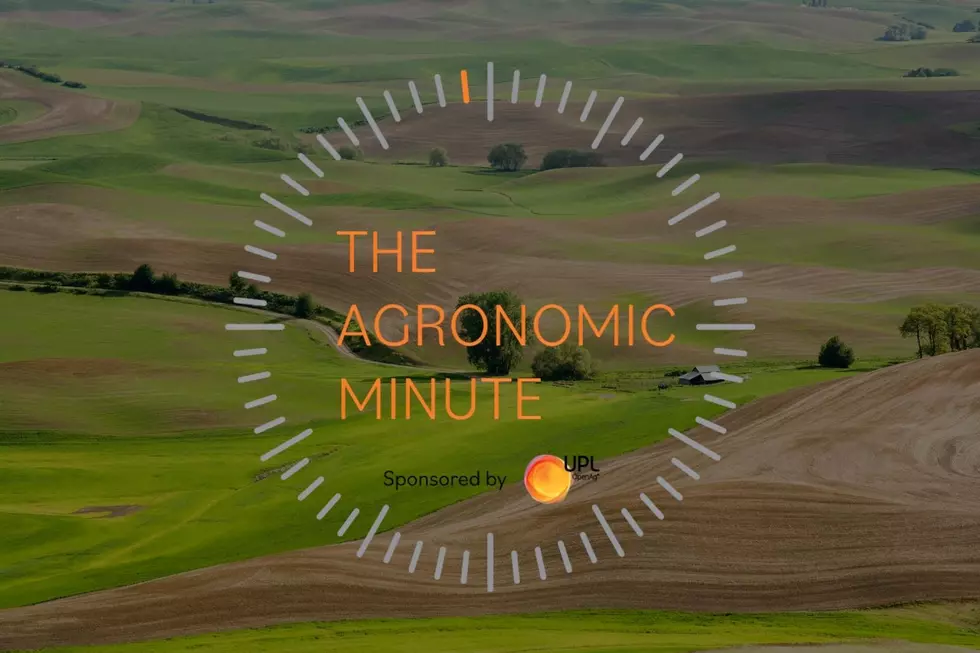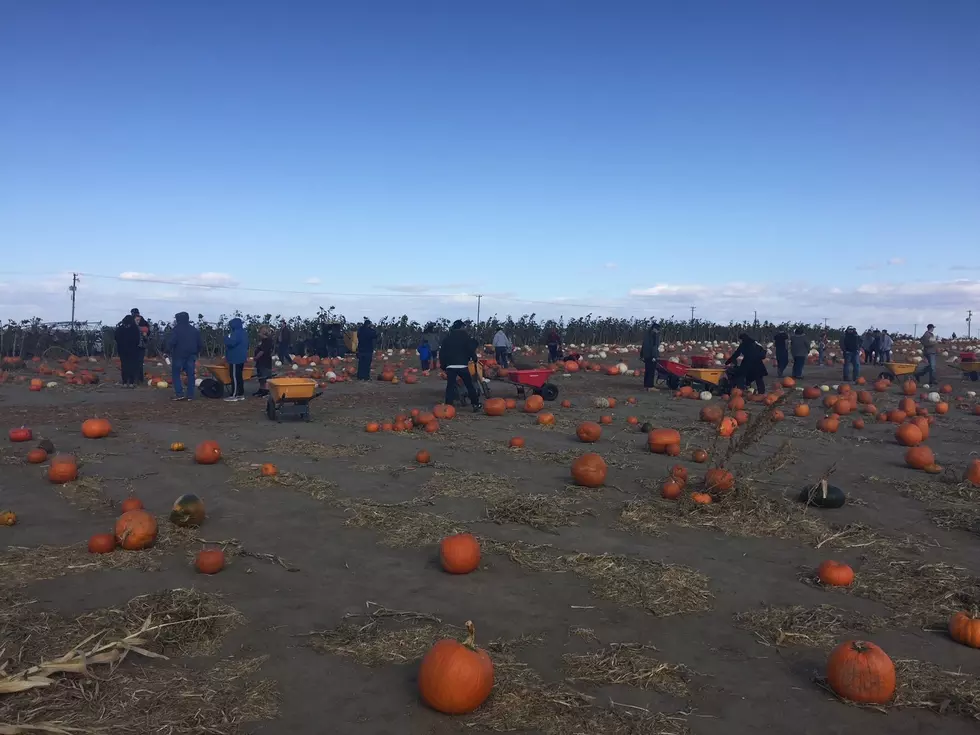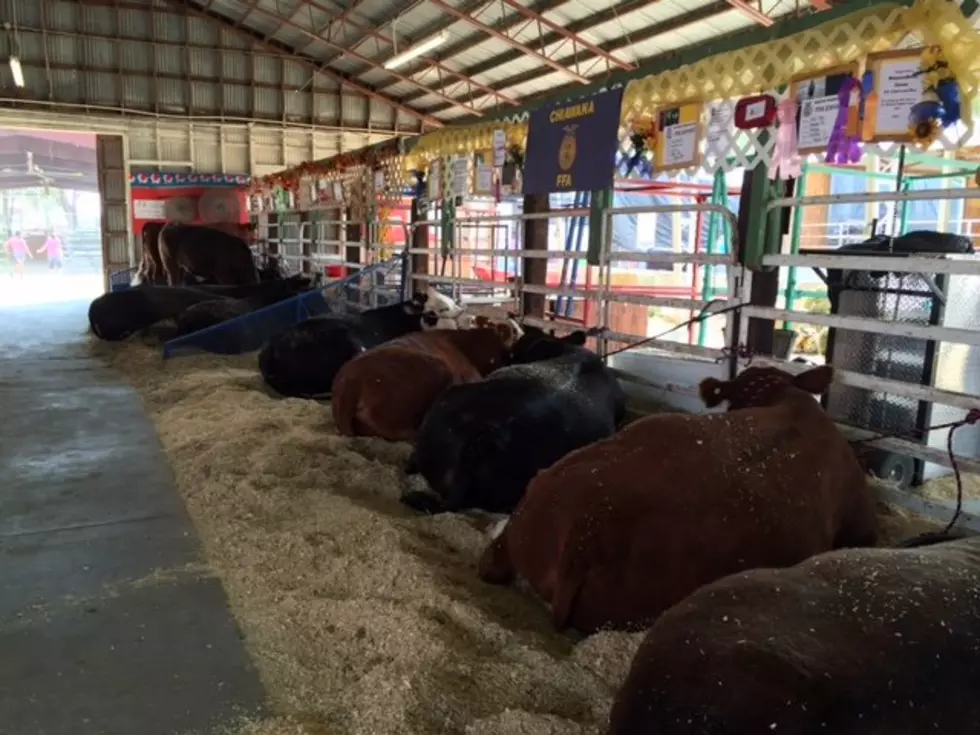
WSU: Potato Psyllids Numbers Increased Around Moses Lake
Washington State University reported a slight increase in the number of potato psyllids reported in Columbia Basin fields. Psyllids were found on sticky cards in 19 monitoring network fields last week, roughly 46% of the fields monitored. While a slight increase, numbers are considered in the low-moderate range, with the area between Moses Lake and Othello considered the “hot spot”.
WSU officials expect those numbers to increase as harvest approaches; because the potato psyllids in senesced fields need to find somewhere else to go. All of the potato psyllids tested so far in Washington (for this program) have been negative for Liberibacter (Lso), the bacterium that causes zebra chip disease. This does not mean that there will not be any zebra chip. But, it is good news when infected psyllids are difficult to find.
Lygus bugs were found in 95% of the fields we monitored last week; the samples averaged about 0.7 lygus per plant, very little change week over week.
Beet leafhoppers (BLH) were found on 93% of traps around potato fields last week. There are more BLH on the cards than is usual for this time of the season - it is a really unusual trend. The sticky cards with BLH averaged 21 per card, which we consider a moderately high number based on many years of monitoring. The card with the largest number of BLH had 113, which is very high. Although it is not unusual to see a spike in BLH numbers as the summer brood emerges in August, this year's summer population is much larger than we are used to seeing.
Aphids were found in 61% of the monitored fields. The numbers of aphids in these fields have been increasing over the last few weeks. The field with the largest number of aphids had four per plant. Check fields at least weekly to monitor aphid populations. It is important to keep a close eye on wingless aphid colonies in potatoes because they can grow exponentially (10-25 generations in a season). Large populations can be very difficult to control and may result in the premature senescence of the crop.
If you have a story idea for the Washington Ag Network, call (509) 547-1618, or e-mail gvaagen@cherrycreekradio.com
More From PNW Ag Network









